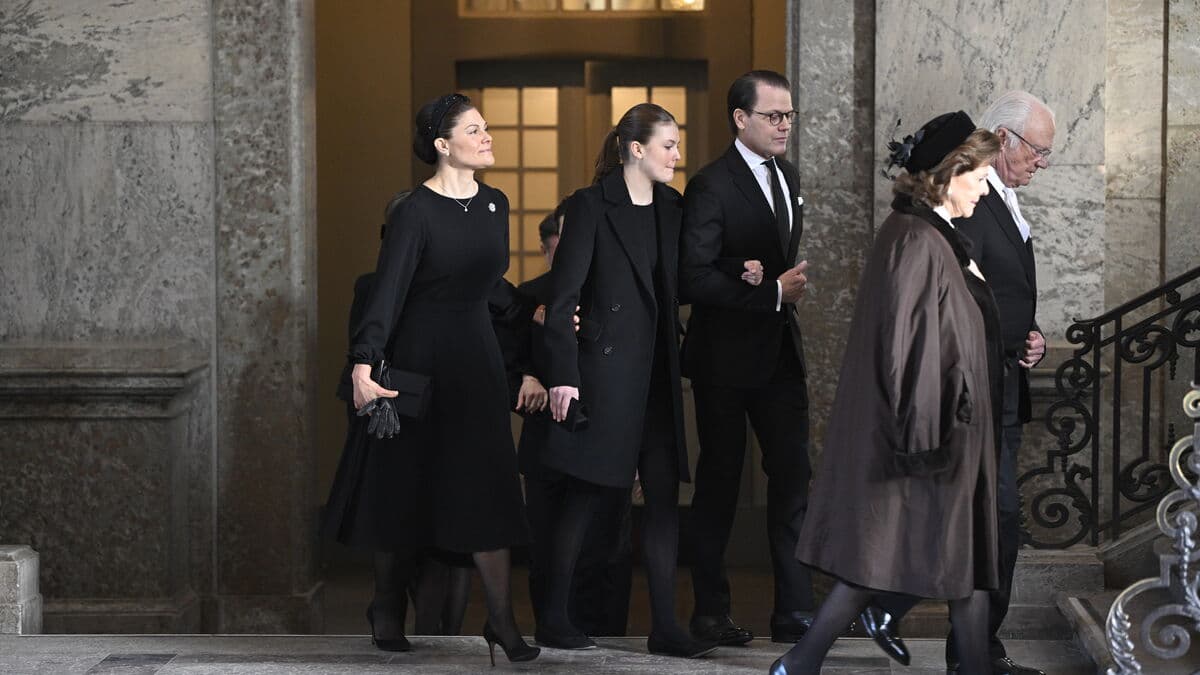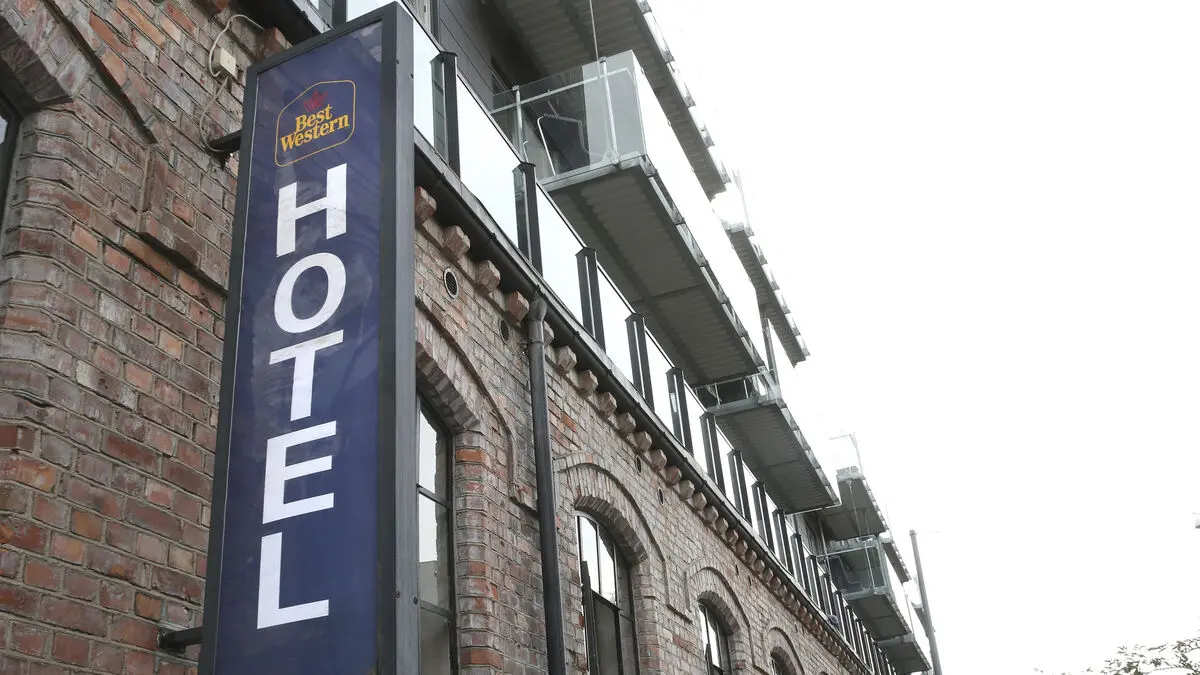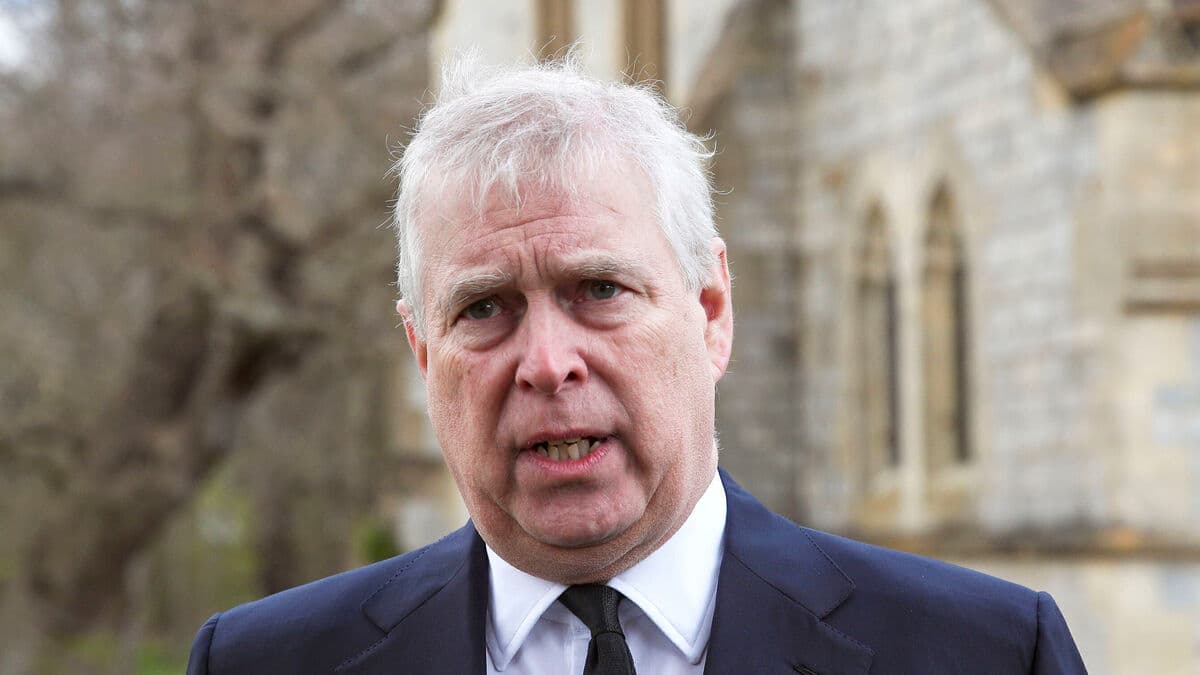37-year-old Paetongtarn, daughter of the controversial billionaire and former Prime Minister Thaksin, is the kingdom's youngest person to hold the post and takes over the reins after a turbulent period where her predecessor was forced to resign and the largest opposition party was dissolved by a court.
She becomes the third in the Shinawatra family to be appointed Prime Minister. However, she likely hopes to avoid ending up like her father and aunt Yingluck, who were both ousted in military coups.
"Open Heart"
Paetongtarn received King Maha Vajiralongkorn's formal, written invitation to form a government in a ceremony held at the headquarters of a TV channel previously known as Thaksin-loyal.
As head of government, I will work together with parliament with an open heart and be receptive to all ideas that can help develop the country, she said after the ceremony.
Thai politics has been marked by instability over the past two decades, with coups, power struggles, and large-scale popular protests. Behind the scenes, the military is still believed to be ruling with an iron fist after their 2014 coup. As recently as last week, the country's constitutional court dissolved the large party Kao Klai, which won last year's election with promises to reduce the military's and monarchy's power – but was not allowed to take office.
Pregnant during the election campaign
Paetongtarn Shinawatra, leader of the Pheu Thai party, grew up in Bangkok and later studied in the UK. During last year's election campaign, she made headlines when she was pregnant in her eighth month – and gave birth just two weeks before the election.
Her biggest challenge will be to get Thailand's pandemic-hit economy back on track, analysts predict – as well as proving that she is not just her father's puppet.
Thai domestic politics can be described as a power struggle between supporters of a traditional elite – the military, the monarchy, and the bureaucracy – and a broad group that opposes them.
The largest party in parliament after the 2023 election was the progressive and youth-friendly Kao Klai. The party went to the election on promises to ease the country's strict lèse-majesté laws and abolish the military's political influence – but was never allowed to take office despite its election victory.
This can be explained by the fact that the political system is heavily rigged in favor of the military, according to a constitutional amendment made after the 2014 military coup. A third of the national assembly and the entire senate are appointed by the military.
Earlier in August, Thailand's constitutional court dissolved Kao Klai. According to the court, the party's election promises constituted an attempt to overthrow the Thai monarchy. The move against Kao Klai has been condemned by the EU, the US, the UN, and several human rights organizations.
Parties that challenge the military and monarchical establishment in Thailand have also been disqualified in various ways in the past.
Sources: Landguiden/UI and others.






